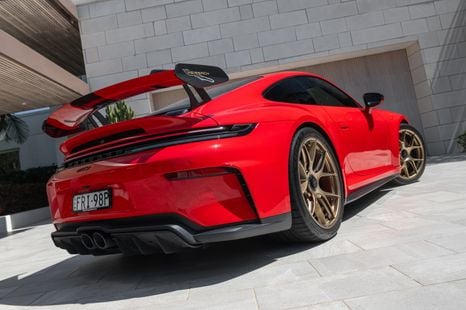
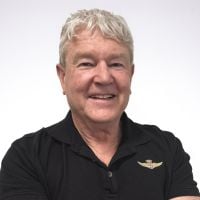
Anthony Crawford
2026 Porsche 911 GT3: Why it’s the ultimate Porsche
4 Hours Ago

News Editor
The Volkswagen Group and its Spanish subsidiary Seat have announced they’re securing more than 7 billion euros (A$10.27 billion) for Spanish battery production, as spin-off brand Cupra teases a new SUV.
The new SUV will offer a range of different powertrains, including mild-hybrid and plug-in hybrid options.
The latter will offer “new generation PHEV technology” and up to 100km of electric range.
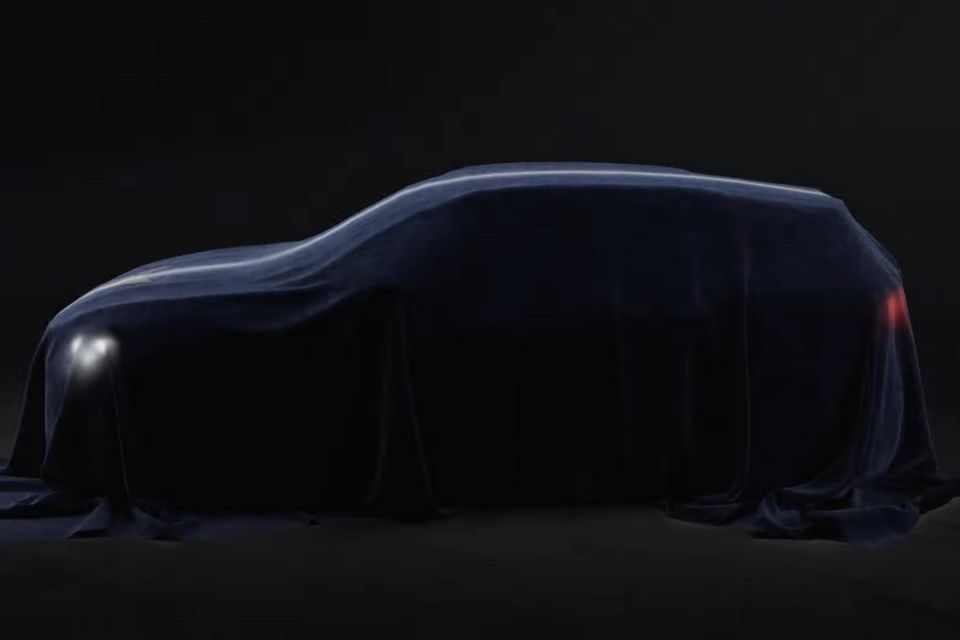
Cupra says the new model will compete in the compact SUV segment and will measure around 4.5m long, longer than the current, compact Ateca (4376mm) and the Formentor (4450mm) and lineball with the Volkswagen Tiguan (4509mm).
It’ll enter production at the Volkswagen Group’s Györ, Hungary plant in 2024, alongside the 4.5m-long Audi Q3 Sportback.
In the teaser video, a cloth has been draped over the crossover but you can make out tail lights similar to the Formentor, as well as unique LED daytime running lights with three elements.
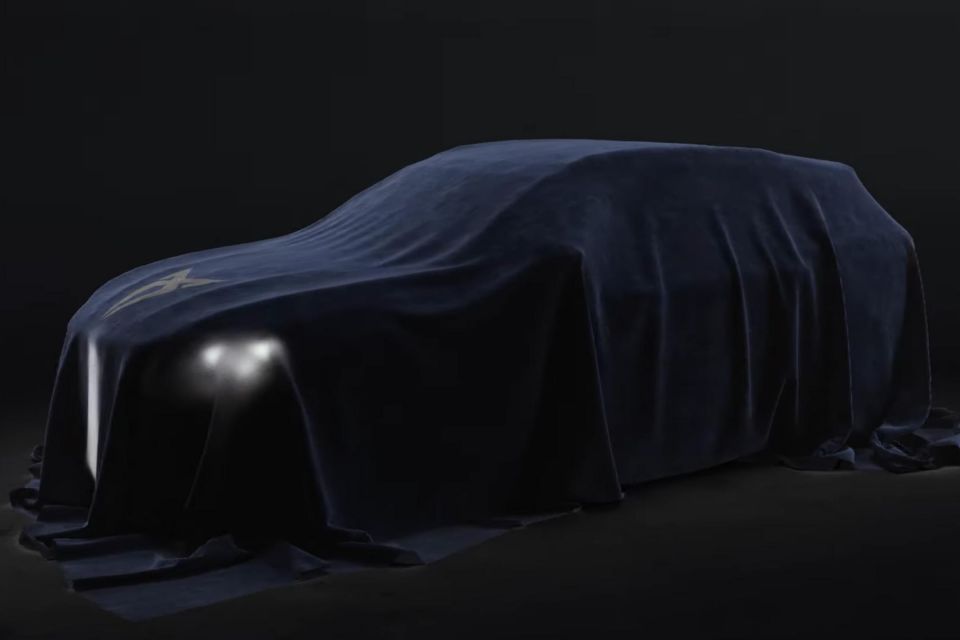
It has what appears to be a fairly conventional crossover silhouette, though there’s a graceful curve to the bonnet and front fenders.
Seat and Cupra president Wayne Griffiths previously teased two new electrified models last month, both due before the end of 2023.
Autocar reports he told media the new vehicles won’t be in a classical segment, will be “something different and unique” and make sense as part of the wider Volkswagen Group portfolio, and go a “step further” than being rebadges.
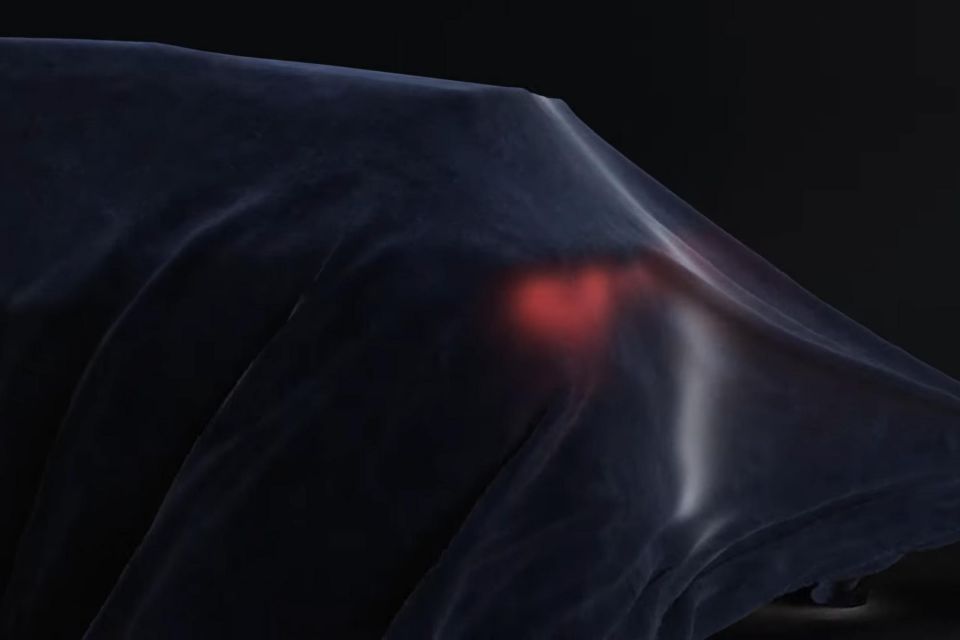
That suggests they could be more unique models like the Formentor, rather than the Born which shares much of its sheetmetal with the Volkswagen ID.3.
By 2025, Cupra will have the new electrified vehicles, plus the current Born, Leon and Formentor, and three EVs: the Born, the Tavascan coupe crossover, and a production version of the UrbanRebel light car concept.
Griffiths told Autocar the Ateca, the oldest of the current Cupra line-up, “will probably still be around”. It was launched in 2018, two years after the launch of the Seat Ateca it’s based on.
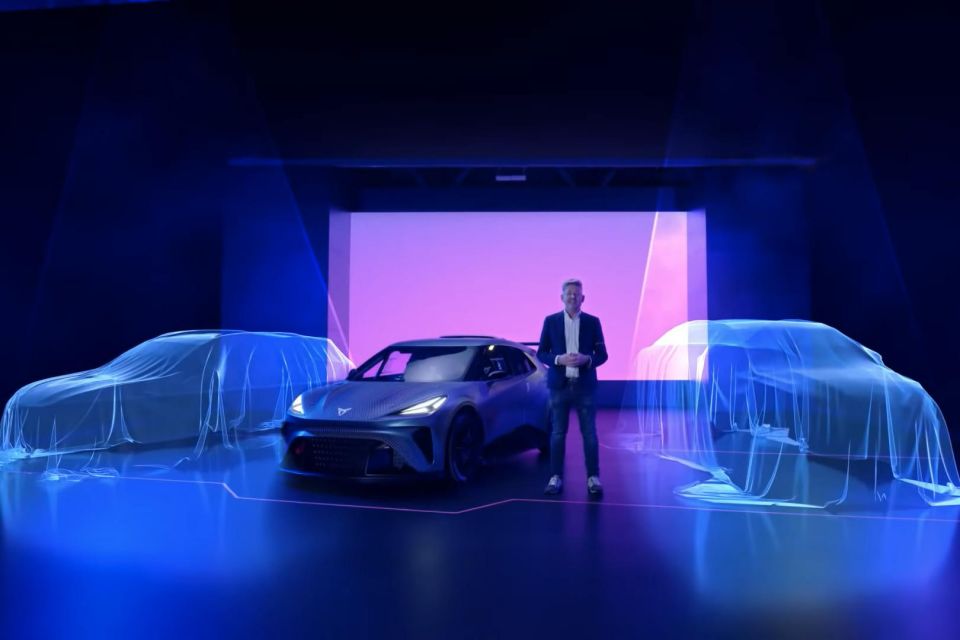
It’s unclear if this model will be directly replaced, or if the SUV teased this week will supplant it. It’s also unclear whether this points to an upsized, next-generation Seat Ateca and Skoda Karoq, closer to the Volkswagen Tiguan in dimensions.
Cupra is expanding its model range and entering new markets, like Australia, as it aims to double its global sales to nearly 160,000 units in 2022, more than a third of its parent company Seat’s sales volumes.
The fledgling spinoff brand sold 79,300 cars worldwide last year, itself up a significant 189 per cent over 2020.
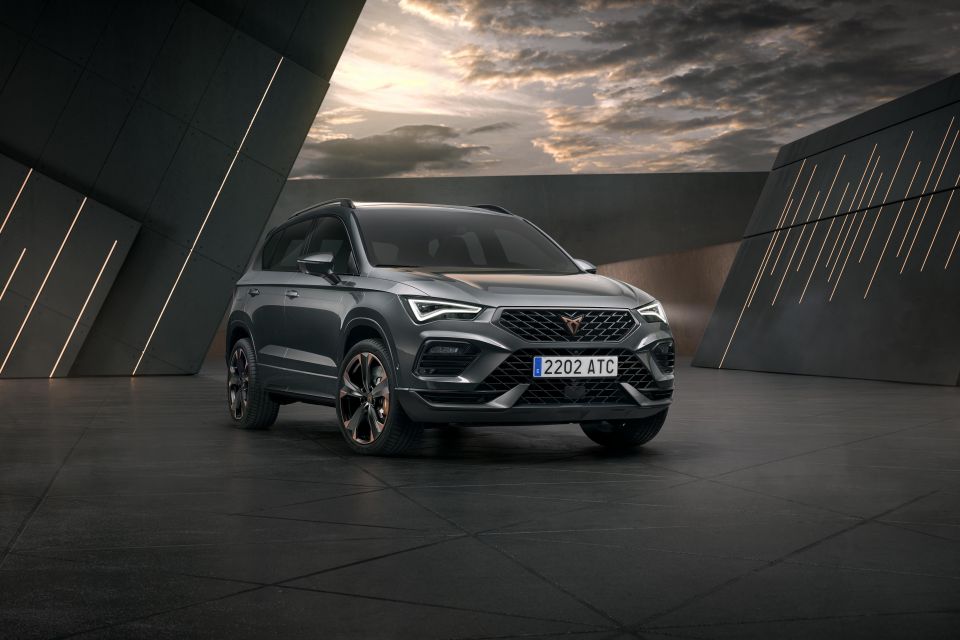
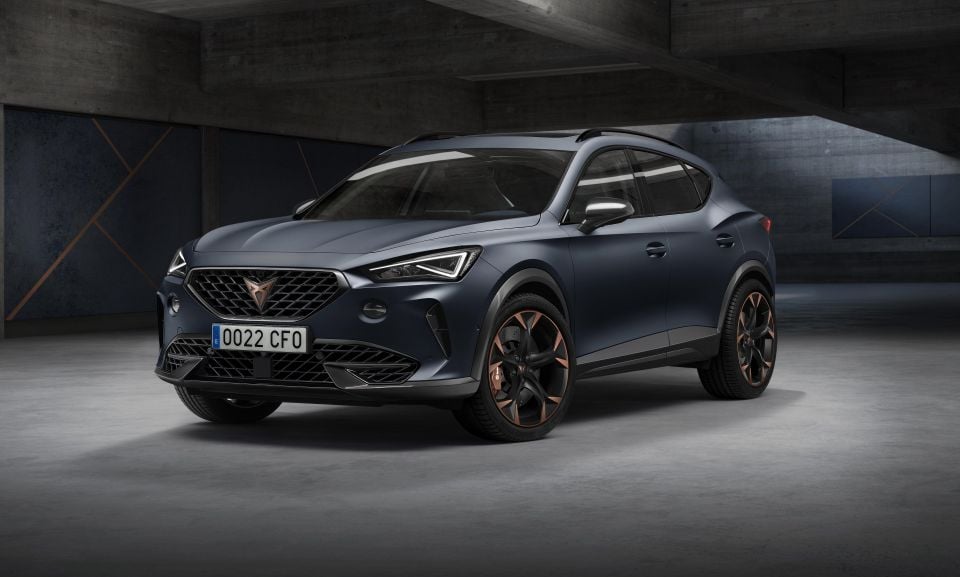
The company said the Formentor accounted for 70 per cent of its global sales, while electrified vehicles accounted for 41 per cent overall.
It says it’ll sell only electric vehicles after 2030.
As part of The Future: Fast Forward program, the Volkswagen Group says it’s “mobilising” a €7 billion investment in battery production in Spain, with the investment coming from the German automaker and unspecified external suppliers.
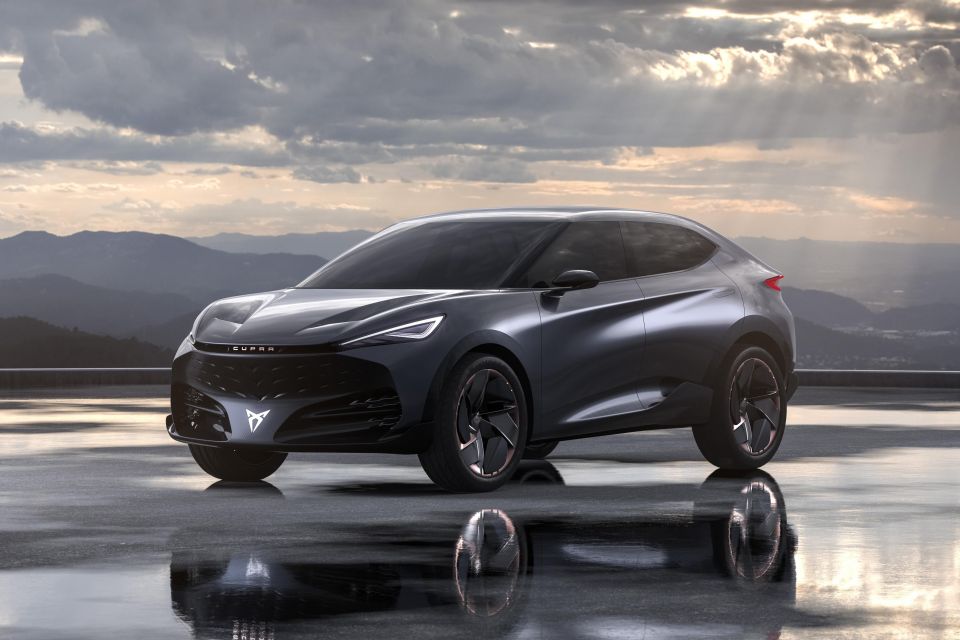
The investment will see the construction of a battery cell factory in Sagunto, Valencia with an annual production capacity of 40 gigawatt-hours, as well as electrification of the company’s Martorell and Pamplona plants.
Construction will begin once permit approval is granted, with battery production subsequently expected to commence in 2026.
“Future: Fast Forward has the potential to transform the Spanish automotive industry and democratize electric mobility across Europe,” said Wayne Griffiths.
“The more than 7 billion euros Volkswagen Group and SEAT S.A. would mobilize for Future: Fast Forward would represent the largest industrial investment in Spanish history.”
Go deeper on the cars in our Showroom, compare your options, or see what a great deal looks like with help from our New Car Specialists.
William Stopford is an automotive journalist with a passion for mainstream cars, automotive history and overseas auto markets.


Anthony Crawford
4 Hours Ago
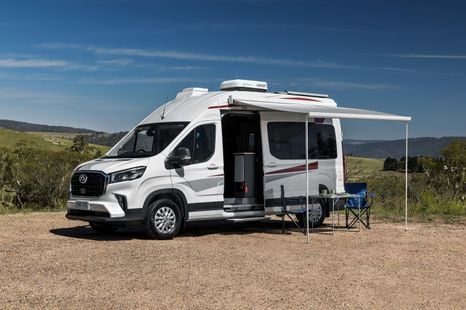

Damion Smy
4 Hours Ago
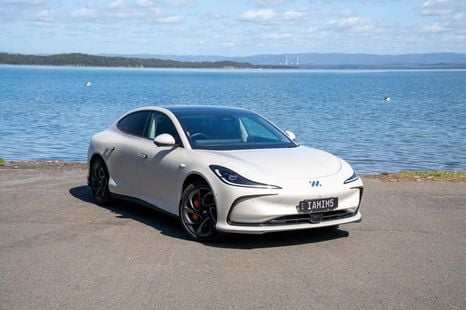

CarExpert
5 Hours Ago
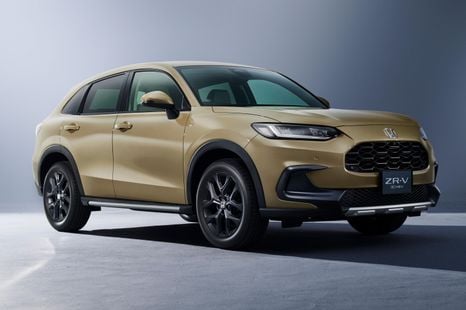

Derek Fung
5 Hours Ago
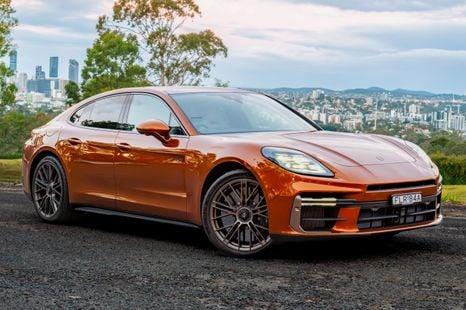

William Stopford
12 Hours Ago
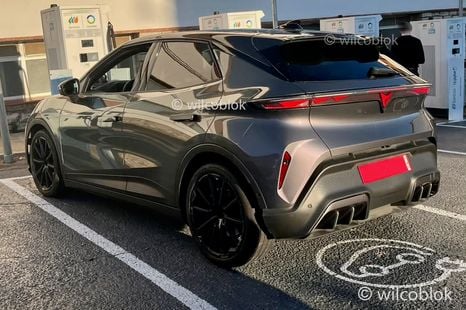

Ben Zachariah
20 Hours Ago
Add CarExpert as a Preferred Source on Google so your search results prioritise writing by actual experts, not AI.